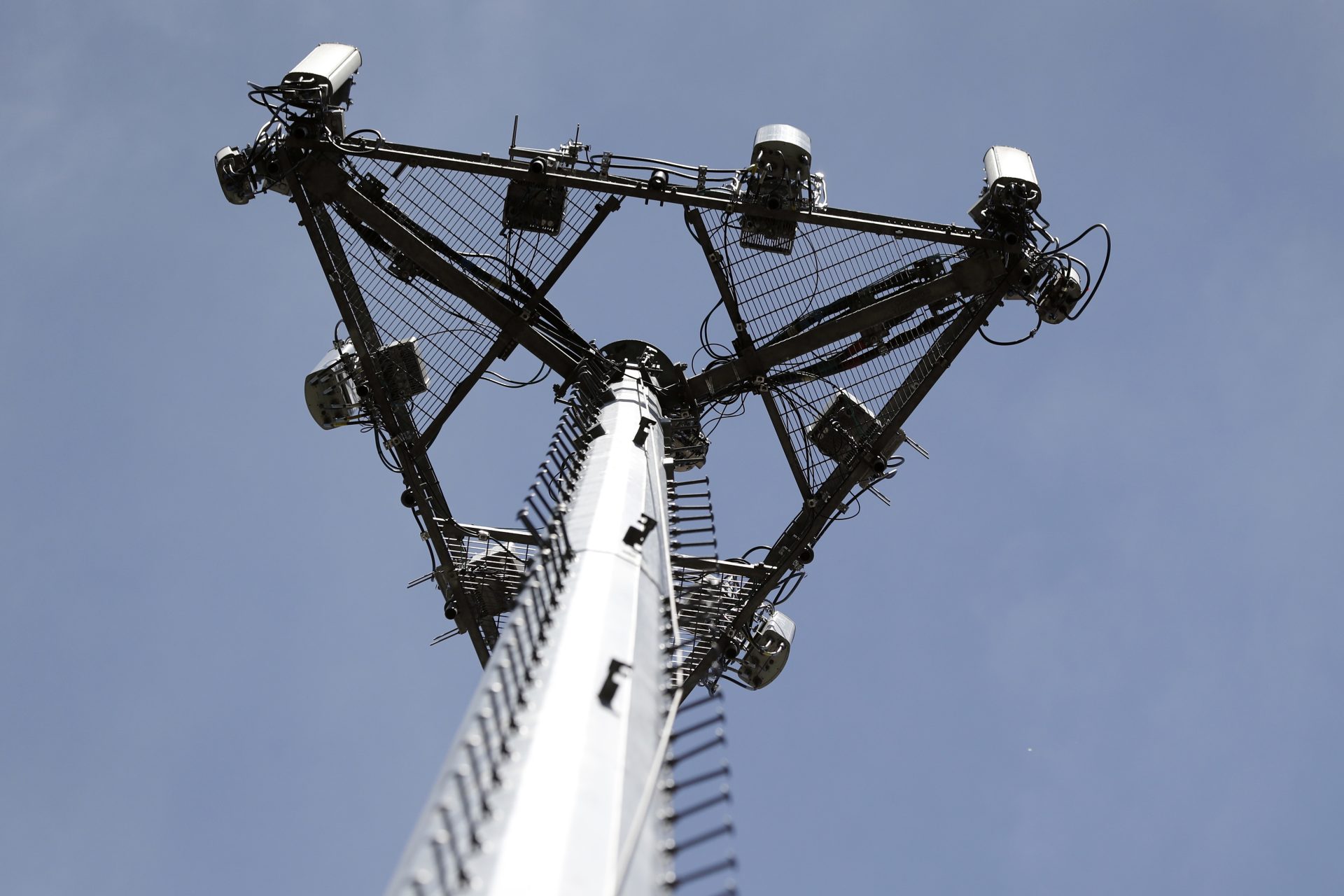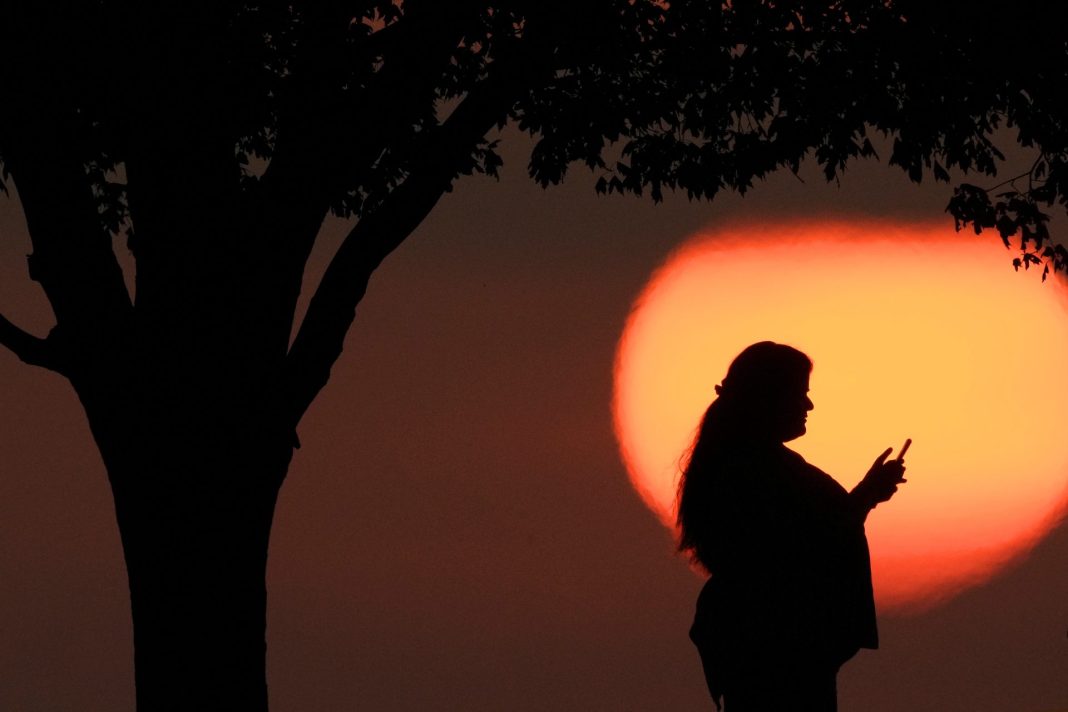|
Only have a minute? Listen instead
Getting your Trinity Audio player ready...
|
It was a bit unnerving that last week’s phone system outage occurred just days after we learned that Russia plans to deploy armed missiles — some perhaps with nuclear warheads — into space, and as well as a weapon system that could send out energy waves that could take out other satellites.
ATT said the outage was not caused by any hacking or physical attack but by a coding error. Still, the outage shows just how much we’ve come to rely on open-air communications, and how vulnerable they really are.
Service providers and government officials should take note of that vulnerability, and seek ways to create safeguards and redundancies that can reduce the chances of future failures.
Last week’s outage affected more than 240 million subscribers of ATT and its subsidiary, Cricket, as well as Verizon, T-Mobile and other phone and internet service providers. Some people were incommunicado for more than a day.
Without the service, many people weren’t able to conduct business meetings or do any work at all. People lost access to news outlets that could tell them what was going on, and many students couldn’t connect to online classes.
And to think — not long ago our phones were wired to our homes and businesses and we had to be there to answer them, and they were only used to talk. In just a couple of decades cellphones have gone from a luxury to a necessity. It’s been said that the phones we have in our pockets have more computing power than the massive tape-and-disc-driven systems that sent man to the moon in 1969.
We hope officials already are working to address current network vulnerabilities. They already saw the need for reliable connectivity during the COVID-19 pandemic, when schools closed and created remote classes in order to continue teaching students. Many families nationwide and especially in low-income areas like the Rio Grande Valley lacked the devices and connectivity to participate until districts provided tablet computers and neighborhood routing systems.

Most communications companies have hundreds of satellites surrounding the entire planet; they should ensure that a failure at any one of them can prompt a switch to another to minimize service losses.
Moreover, Russia’s actions should not be surprising. When nations go to war, they first target infrastructure — roads, bridges, airports and communications systems — to make it more difficult to respond. With much of our communications now based on open-air systems, it’s only logical that satellites will be among future targets.
The Pentagon has long known about the need to protect our satellites, especially since many are used for surveillance and other government operations. Their efforts go back decades, long before President Donald Trump renamed the company as the Space Force and claimed credit for creating it. We trust the force is monitoring other countries’ actions and maintaining efforts to counteract any possible attack.
Phone outages do occur, but their infrequency should amaze anyone who remembers the unreliability of old landlines. Still, every effort should be made to mitigate the risk — not just for our convenience but also for our national security.




